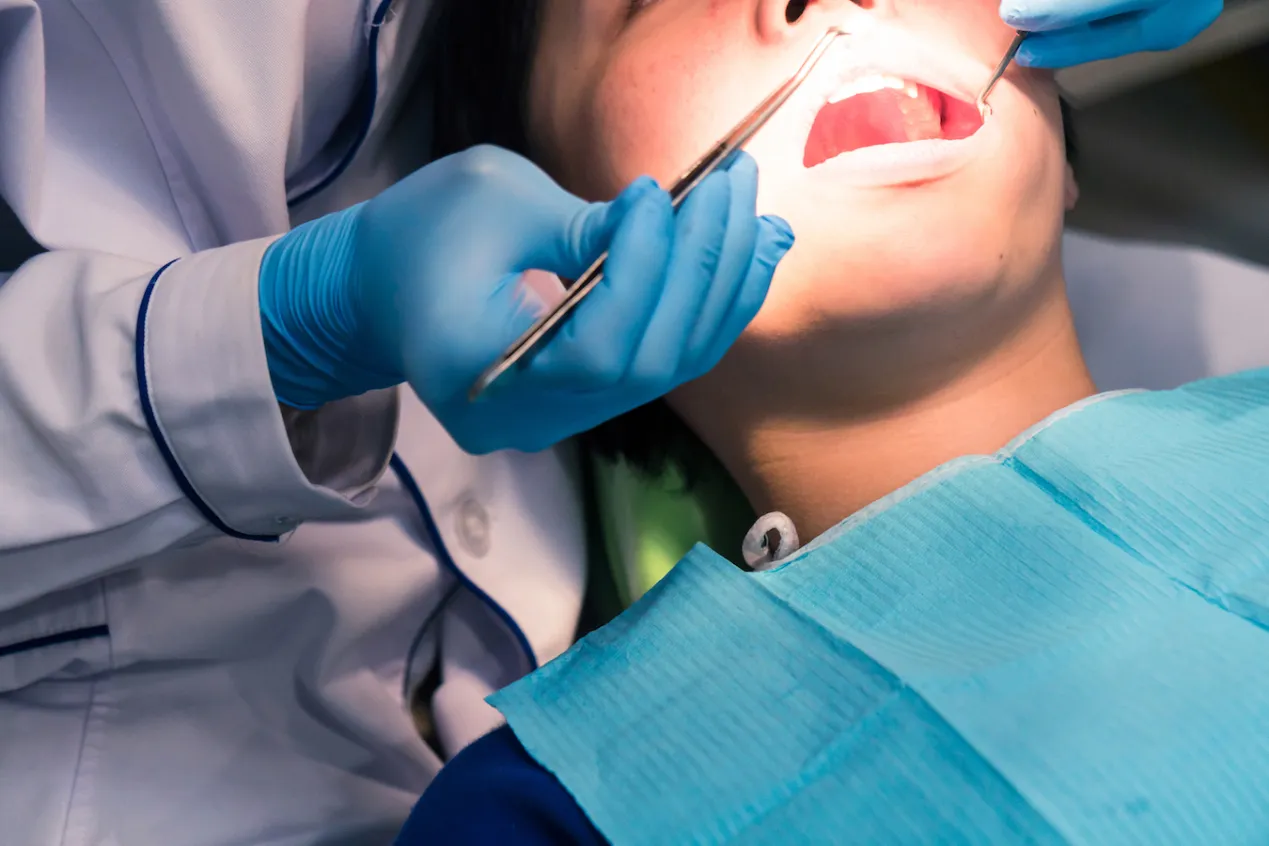Why You Must Choose a Regional Dentist Eugene for Personalized Care
Why You Must Choose a Regional Dentist Eugene for Personalized Care
Blog Article
Discover Common Dental Problems That Dentists Can Treat Effectively
Oral health is an important aspect of general well-being, yet typical issues such as dental caries, gum illness, tooth decay, tooth sensitivity, and misaligned teeth often go without treatment. Advancements in dental treatment have made it possible for dental professionals to attend to these issues successfully via various therapies.
Cavities
Tooth cavities, likewise referred to as cavities, are among one of the most prevalent dental problems impacting people of all ages. They occur when the enamel, the difficult external surface area of the teeth, is eroded by acids produced by germs in the mouth. These microorganisms grow on sugars and starches from food and drinks, developing a sticky film called plaque that sticks to the teeth - dentists eugene. Over time, the acids in plaque can create tiny openings or holes in the enamel, leading to dental caries.

Precautionary actions are critical in combating cavities. These consist of maintaining great dental health techniques such as normal cleaning with fluoride tooth paste, flossing, decreasing sugar intake, and going to routine dental check outs. By sticking to these techniques, people can significantly decrease their risk of developing tooth cavities and maintain optimal dental health.
Periodontal Condition
Gum condition, also referred to as periodontal disease, is a widespread condition that affects the cells bordering and sustaining the teeth. It mostly happens because of the buildup of plaque, a sticky movie of germs that develops on the teeth. If not removed through regular cleaning and flossing, plaque can solidify into tartar, which can only be gotten rid of by an oral expert.
There are two main phases of gum tissue illness: gingivitis and periodontitis. Gingivitis is the initial, milder form, identified by red, inflamed periodontals that may hemorrhage quickly. At this stage, the problem is typically relatively easy to fix with appropriate oral hygiene and professional oral cleansings. If left unattended, gingivitis can proceed to periodontitis, a much more serious form that can lead to loss of the bone that sustains the teeth.
Periodontitis entails deeper infection and swelling of the periodontals, causing the periodontals to retreat from the teeth and form pockets that can come to be infected. Treatment for periodontitis typically involves scaling and origin planing, a deep-cleaning procedure to get rid of tartar and germs from under the periodontals. In advanced instances, surgical treatments may be needed to restore periodontal and bone wellness. Normal oral exams are vital for early detection and efficient monitoring of gum illness.
Dental Caries
Tooth degeneration, a prevalent dental problem, materializes when the tough surface area of the tooth, known as enamel, is damaged by acids created by microorganisms in plaque. This process starts when sweet and starchy foods are eaten, giving a breeding place for bacteria. These bacteria metabolize the sugars to generate acids, which ultimately erode the enamel, resulting in tooth cavities.
Originally, dental caries could be asymptomatic, yet as it proceeds, it can bring about noticeable check my blog openings or pits in the teeth, tooth pain, and level of sensitivity to hot, chilly, or pleasant compounds (dentist in eugene oregon). If left neglected, the decay can permeate deeper layers of the tooth, getting to the dentin and eventually the pulp, causing severe pain and possibly resulting in abscesses or infections
Very early intervention is vital for optimal outcomes, making regular oral check-ups crucial for identifying and attending to misalignment problems promptly. With tailored treatment strategies, dentists can successfully restore both the capability and appearance of a person's smile.
Conclusion
In recap, resolving common dental troubles such as cavities, periodontal illness, dental caries, tooth sensitivity, and misaligned teeth is important for keeping oral health and performance. Dental practitioners are geared up to identify and deal with these concerns effectively through different treatments, consisting of dental fillings, cleansings, orthodontics, and preventive care. Proper and prompt therapy can minimize the threats related to these dental issues, therefore boosting total dental health learn this here now and lifestyle.
Dental health is a crucial element of overall health, yet typical problems such as tooth cavities, periodontal illness, tooth decay, tooth level of sensitivity, and misaligned teeth often go neglected.Tooth decay, a prevalent dental issue, shows up when the tough surface area of the tooth, recognized as enamel, is harmed by acids created by germs in plaque. Preventive measures such as regular oral exams, great oral health techniques, and a well balanced diet plan are essential in reducing the risk of tooth degeneration.
Typical elements include enamel disintegration due to hostile brushing, acidic food consumption, or oral problems such as periodontal recession and tooth degeneration.In recap, dealing with common oral issues such as cavities, gum tissue illness, tooth decay, tooth level of sensitivity, and misaligned teeth is vital for preserving oral wellness and performance.
Report this page